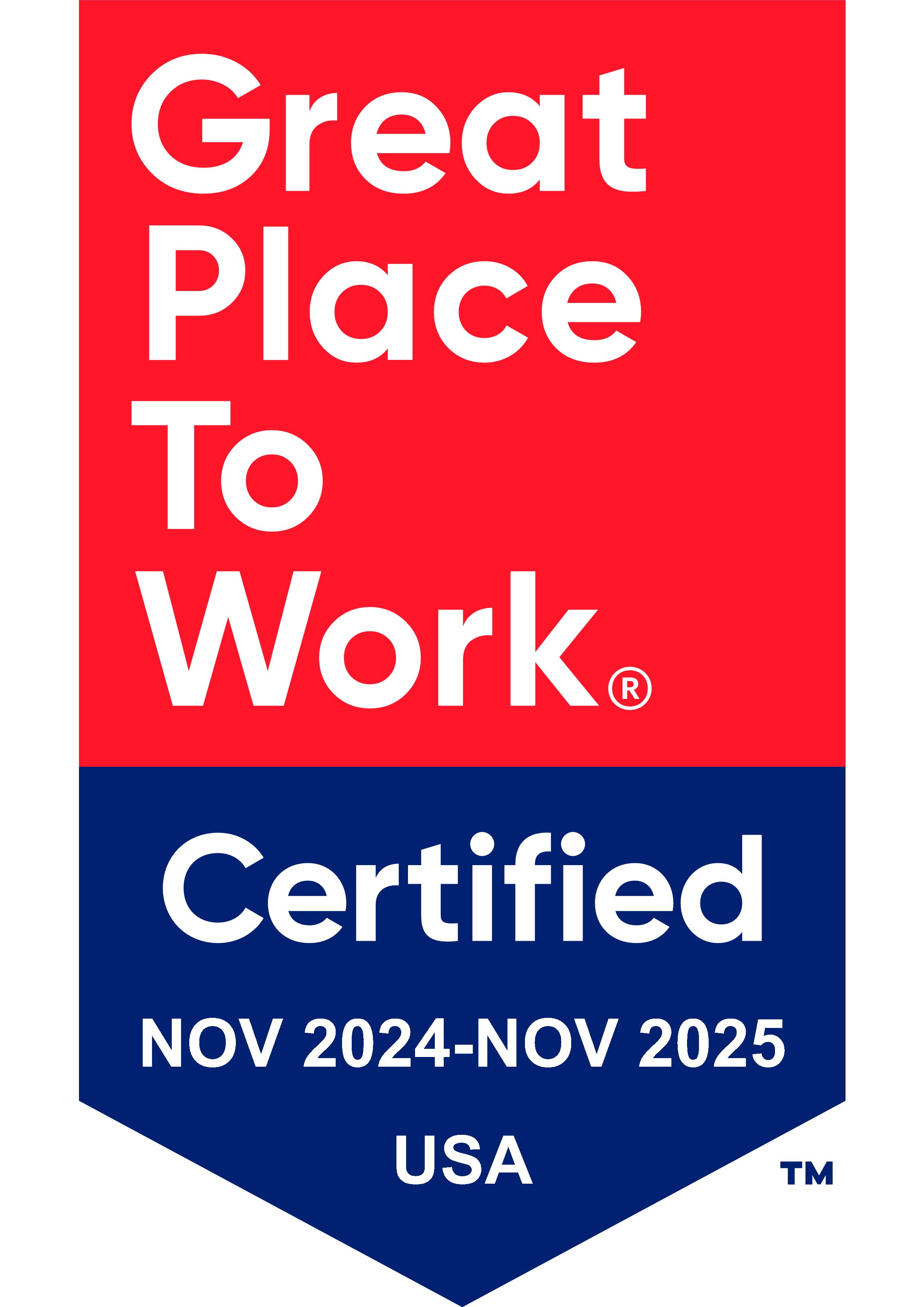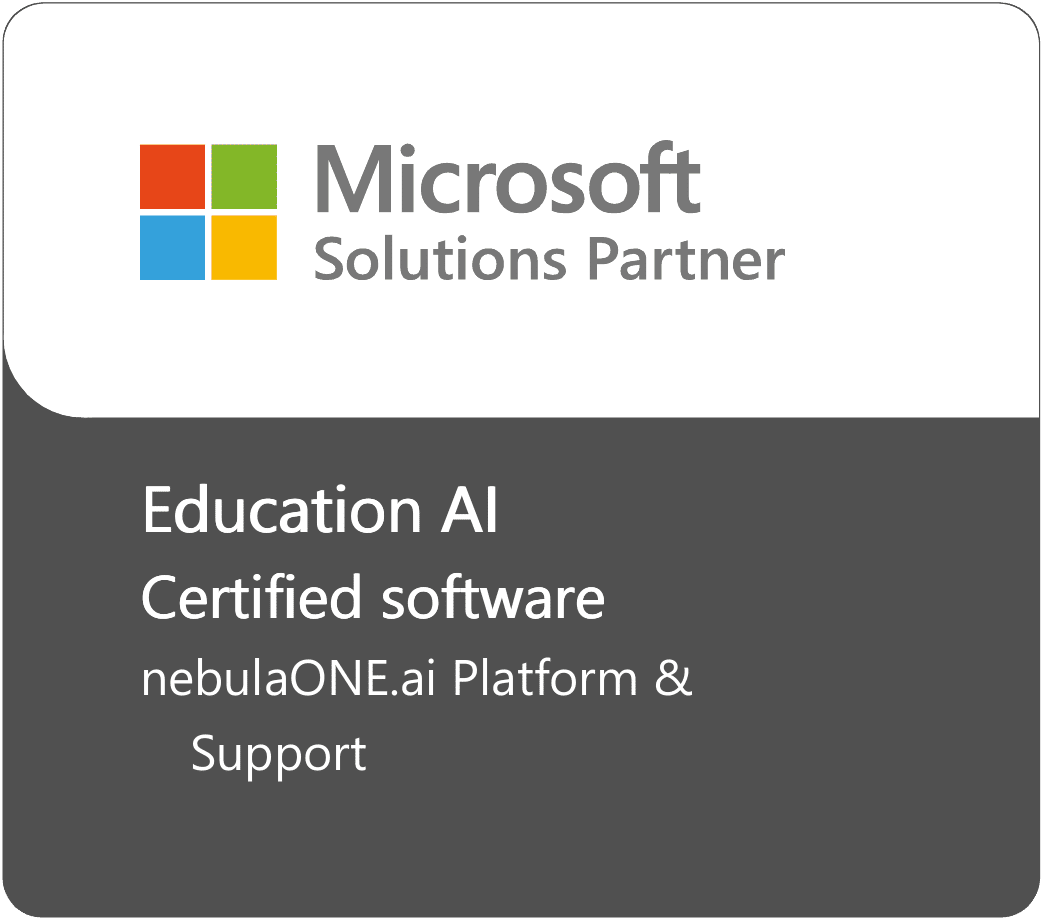In today’s rapidly evolving business landscape, artificial intelligence (AI) is no longer just a tool for innovation—it’s becoming essential for maintaining even the competitive status quo. While the early adopters of AI are enjoying a myriad of benefits such as increased efficiency, improved customer experience, and smarter decision-making, it’s now clear that companies must embrace AI not just to get ahead but to avoid falling behind. The question is no longer “if” companies should adopt AI, but “when”—and the answer is now.
Here’s why AI adoption is critical for businesses aiming to secure their place in the market and protect their data, all while unlocking the full potential of their workforce.
AI is Already Everywhere—Even in Your Workforce
Whether or not a company has officially integrated AI into its operations, the reality is that AI is already being actively used in most workplaces. Employees are increasingly using AI tools and GPT agents on their own—think of productivity apps, customer service bots, or personal assistants like ChatGPT and Siri. These tools help employees streamline tasks, improve their efficiency, and deliver better results. But when employees use unsanctioned or unsecured AI tools, it raises a host of concerns, especially around data security and compliance.
The increasing reliance on AI-powered software by employees—without centralized governance—means that sensitive data could be exposed, misused, or stored in unapproved environments. In this scenario, companies not only miss out on the productivity and operational advantages of AI but also expose themselves to unnecessary security risks. The key takeaway: AI is quickly becoming a standard that must be managed proactively.
Competitive Advantages Companies Risk Losing Without AI
-
Maintaining Operational Efficiency
AI has the power to automate routine tasks, from data entry to customer service inquiries, freeing up valuable time for employees to focus on strategic, creative, and high-impact work. According to McKinsey, automation and AI could increase employee productivity by up to 30%. Companies that do not embrace AI-driven automation will struggle to maintain the same level of efficiency as their AI-powered competitors, whose streamlined processes allow them to operate at lower costs with faster turnaround times.
-
Data-Driven Decision-Making
In today’s data-rich environment, the ability to quickly analyze large datasets and generate actionable insights is critical for making informed decisions. Companies that implement AI for predictive analytics can make better decisions faster, whether they are forecasting demand, identifying customer preferences, or optimizing operations. On the other hand, companies that delay AI adoption risk slower decision-making and may miss key opportunities that data-driven competitors can easily seize.
-
Customer Experience and Personalization
Both internal and external consumers increasingly expect personalized experiences—whether they’re shopping online, interacting with support, or receiving recommendations. AI enables businesses to analyze customer data in real time, offering tailored solutions, services, and insights at scale. Companies like Netflix and Amazon are already using AI to drive engagement and loyalty by providing personalized recommendations. Without AI, companies will struggle to meet modern customer expectations, potentially losing clients or talent to competitors who can deliver more relevant, personalized experiences.
-
Fraud Detection and Cybersecurity
One of the most powerful applications of AI is in detecting and mitigating fraud and security threats. AI systems can continuously monitor for unusual activity, flagging suspicious activities or potential breaches far faster than human analysts. For companies dealing with sensitive customer data or financial transactions, the cost of failing to adopt AI-driven cybersecurity measures could be immense. Competitors using AI to safeguard their systems will be better positioned to build trust and avoid costly breaches.
-
Employees Are Using AI—So Should You
Employees are already finding ways to integrate AI into their daily tasks, often without waiting for official tools or directives. Whether it’s using personal productivity apps, leveraging AI to write emails, or utilizing chatbots for customer inquiries, employees are often ahead of the curve. While this ingenuity is commendable, it can lead to security concerns and data governance issues if AI usage isn’t properly managed by the company.
For example, employees may inadvertently expose sensitive customer or business data by using AI tools that don’t comply with security policies. This poses a significant risk for companies in industries that require strict data protection, such as finance, healthcare, or legal services. By officially adopting AI tools within a secure, governed framework, companies can harness the benefits of AI while ensuring that data remains protected and compliant with regulations.
Securing the Future with AI
For businesses to remain competitive in the modern economy, embracing AI is not just an opportunity—it’s a necessity. AI enables companies to operate more efficiently, respond to market changes faster, deliver better customer experiences, and protect against security threats. Importantly, it also helps companies maintain control over how AI is used within their workforce, mitigating risks associated with unsanctioned use of AI tools.
Businesses that choose to delay AI adoption are not simply missing out on an innovation trend—they are allowing their competitors to move ahead, and potentially falling behind in critical areas such as productivity, customer engagement, and security. On the flip side, companies that embrace AI stand to benefit not only from improved operations but also from maintaining a competitive status quo in an increasingly AI-powered world.
Now is the time to strategically invest in Private AI solutions like nebulaONE®, powered by Cloudforce. This investment will not only enable you to match the capabilities of your AI-enabled competitors but also unlock new opportunities for growth and innovation.

 by
by 


































